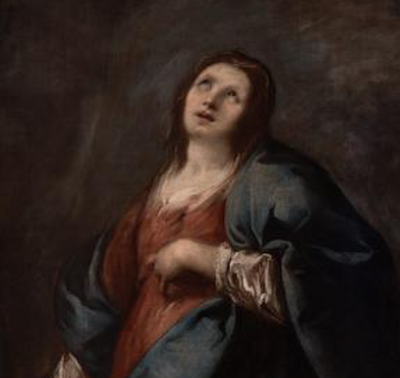Dutch school of the 17th century. "View of Amsterdam". Oil on canvas.
Lot 76
About Seller
Setdart Auction House
Carrer Aragó 346
Barcelona
Spain
Setdart Subastas was born in 2004 and is currently the first online art auction in Spain with solidity, prestige and reliability guaranteed by our more than 60,000 users. Setdart has a young, dynamic and enterprising team ready to successfully manage the purchase and sale of art works through custom...Read more
Estimate:
EUR€4,500 - EUR€5,000
$4,787.23 - $5,319.15
Absentee vs Live bid
Two ways to bid:
- Leave a max absentee bid and the platform will bid on your behalf up to your maximum bid during the live auction.
- Bid live during the auction and your bids will be submitted real-time to the auctioneer.
Bid Increments
| Price | Bid Increment |
|---|---|
| EUR€0 | EUR€10 |
| EUR€200 | EUR€25 |
| EUR€500 | EUR€50 |
| EUR€1,000 | EUR€100 |
| EUR€3,000 | EUR€200 |
| EUR€5,000 | EUR€500 |
| EUR€10,000 | EUR€1,000 |
| EUR€20,000 | EUR€2,000 |
| EUR€50,000 | EUR€5,000 |
About Auction
By Setdart Auction House
May 31, 2021
Set Reminder
2021-05-31 08:30:00
2021-05-31 08:30:00
America/New_York
Bidsquare
Bidsquare : OLD MASTERS - Day 1
https://www.bidsquare.com/auctions/setdart-auction-house/old-masters---day-1-6998
Setdart Auction House sofia@setdart.com
Setdart Auction House sofia@setdart.com
- Lot Description
Dutch school of the 17th century. "View of Amsterdam". Oil on canvas. Measurements: 107 x 149 cm. In the present canvas the painter offers us a view of Amsterdam that combines in a balanced way the local tradition of the genre with the Italian influence, a determining factor in the development of a whole school of landscape painting in Baroque Holland. Thus, we see a naturalistic landscape that hides an ideal, rational treatment of space, which recreates and corrects reality to reflect an emotional and beautiful image that remains firmly rooted, however, in reality. This distinctly Dutch aesthetic is combined with a classical composition and a pearly atmosphere, frozen in time, revealing a clear Italian influence. The result is a navy of luminous grayish and pearly tones on a gentle swell. The light tinged by the leaden atmosphere bathes the sea. Different boats arrive at the coast, carrying merchants and sailors from different social classes. Pure seascapes like the one presented here were a reflection of Holland's powerful foreign trade and large naval fleet. Of all the contributions made by northern European countries to the history of art, none has achieved the enduring importance and popularity of seventeenth-century Dutch landscape painting. The works of Avercamp, Van Goyen, and Ruysdael, among many others, evoke the outlines, terrains, and atmospheres of the Netherlands more vividly than any other place, large or small, has ever been depicted. Within this tradition, the most revolutionary and enduring Dutch landscape contribution has surely been its naturalism. Seventeenth-century Dutch painters were the first to create a perceptually real and seemingly comprehensive image of their land and people. Although landscape as an independent genre appeared in Flanders in the 16th century, there is no doubt that this type of painting only reached its full development among Dutch artists. It can be said that it was practically they who invented the naturalistic landscape, which they affirmed as an exclusively central feature of their artistic heritage. There is no doubt that the Dutch painter, filled with pride for his land, knew how to show through his paintings the beauty of its vast plains and overcast skies, the regular layout of its canals and meandering rivers, its polders and dikes, its beaches and, of course, its spectacular stormy seas. Despite their naturalism or the inventorial record of fact, Dutch landscapes were at least as much a product of imagination as of observation. The Dutch vision of reality, almost as literal as photography, does not so much trace the contours or examine the topography of its surroundings as it naturally selects and reshapes nature to present it in an exemplary way.
- Shipping Info
-
In-house shipping available. Please inquire at admin@setdart.com.
-
- Buyer's Premium



 EUR
EUR CAD
CAD AUD
AUD GBP
GBP MXN
MXN HKD
HKD CNY
CNY MYR
MYR SEK
SEK SGD
SGD CHF
CHF THB
THB


















